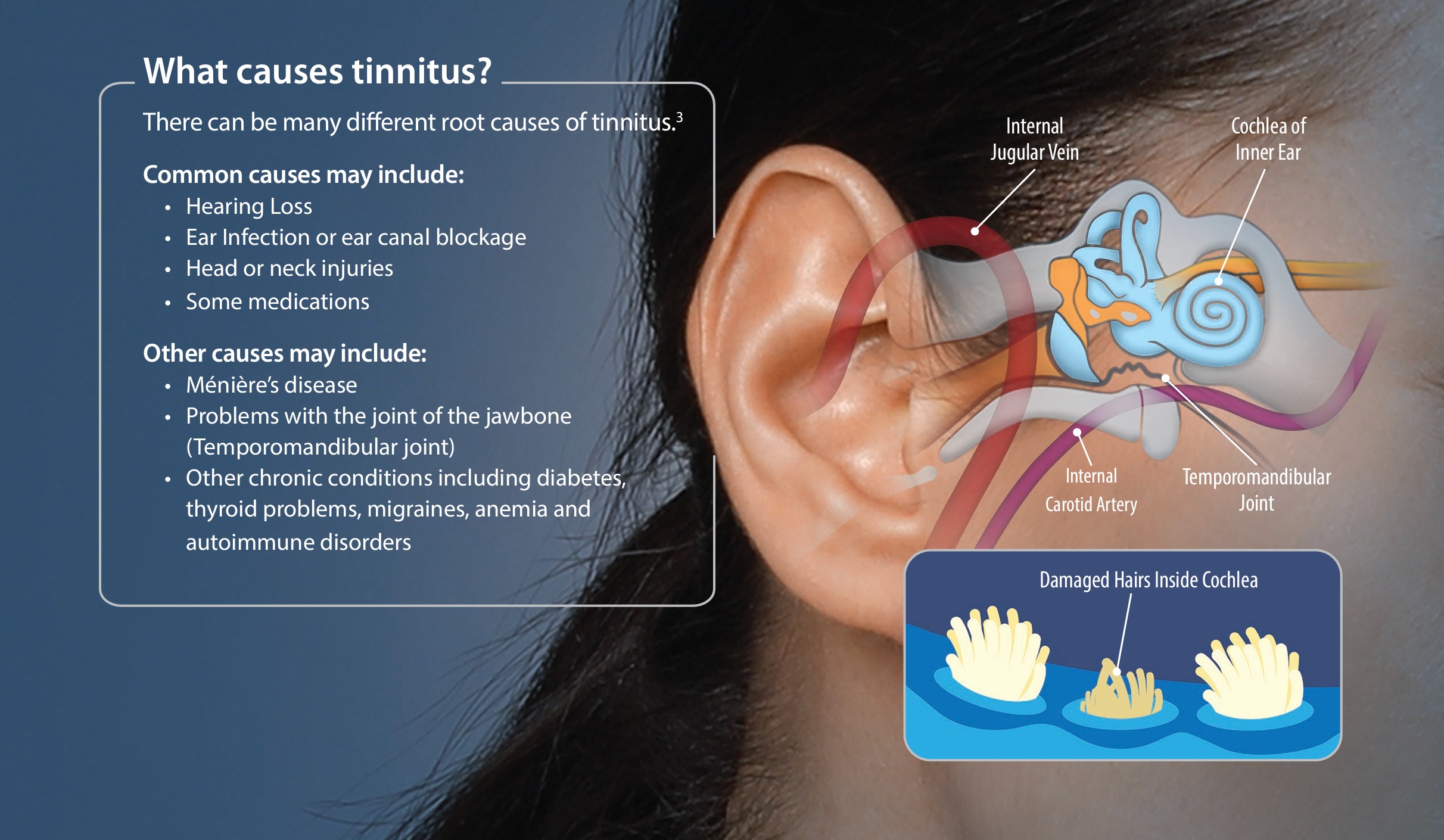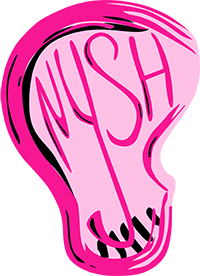
Tinnitus Assessment
Tinnitus is the perception of sound when no external sound is present. Often described as ringing, buzzing, hissing, or whistling, tinnitus can vary in pitch and intensity. It can be continuous or intermittent and may affect one or both ears. Tinnitus is a symptom, not a disease, and can result from various underlying conditions such as hearing loss, ear infections, exposure to loud noises, or other health issues. Often, tinnitus is one of the first symptoms of loud noise – or loud music – exposure, especially if that exposure is ongoing. Even short instances if tinnitus can indicate auditory damage. While it can be bothersome and impact quality of life, effective treatments are available to manage and reduce its effects.
Comprehensive Tinnitus Evaluation
At our clinic, we understand that each person’s experience with tinnitus is unique. That’s why our thorough tinnitus assessment begins with a complete audiological evaluation to identify the type and magnitude of your tinnitus. We take a holistic approach, considering your background, experiences, medical history, diet, allergies, activity level, psychosomatic health, and other factors that might contribute to the sensation of sound in your ears. Each aspect is carefully addressed to provide a comprehensive treatment plan tailored to your specific needs. We personalize tinnitus management according to your needs.

Effective Tinnitus Treatments
Contrary to popular belief, there are effective treatments for tinnitus that can provide long-lasting relief. While the treatment process can be lengthy and requires commitment and motivation, the results can be worthwhile. Treatment methods include:
- Behavioral Changes and Biofeedback: Techniques to help manage stress and reduce the impact of tinnitus.
- Dietary Changes: Adjusting diet to avoid or minimize the intake of foods that might exacerbate tinnitus.
- Medications and Vitamin Therapy: Some medications and vitamins may help reduce the severity of tinnitus.
- Cognitive Behavioral Therapy (CBT): A form of therapy that helps manage the psychological impact of tinnitus. We also work in conjunction with psychotherapists who are skilled with CBT for a holistic approach.
- Music Therapy: Specific types of music can be used to provide relief by retraining the brain to respond to various tempos in contrast to the tinnitus sound.
- Sound Therapy: Typically refers to the use of white/pink/brown noise or other sounds to help mask tinnitus. Sound therapy may also include the use of standard musical instruments or therapeutic sound bowls to retrain the brain.
- Hearing Devices: If tinnitus coexists with a hearing loss, hearing devices can both address the hearing loss and treat the tinnitus to reducing its perception.

Tinnitus Retraining Therapy (TRT)
Tinnitus Retraining Therapy (TRT) is a personalized program that combines different therapeutic techniques, emphasizing sound therapy, with education about the mechanisms of tinnitus and hyperacusis. The goal is to reduce the overwhelming nature of symptoms while living a normal life. TRT often includes fitting a tinnitus masking device, and for those with hearing loss, a hearing aid can also function as a masking device.
The most successful tinnitus management approaches incorporate other exercises and behavioral changes to TRT in order to maximize the treatment plan success.
Dr. Melissa E. Heche is a certificate holder in tinnitus management by the American Academy of Audiology and has extensive experience in treating tinnitus. Contact us to find out how we can help you manage and reduce your tinnitus symptoms.



